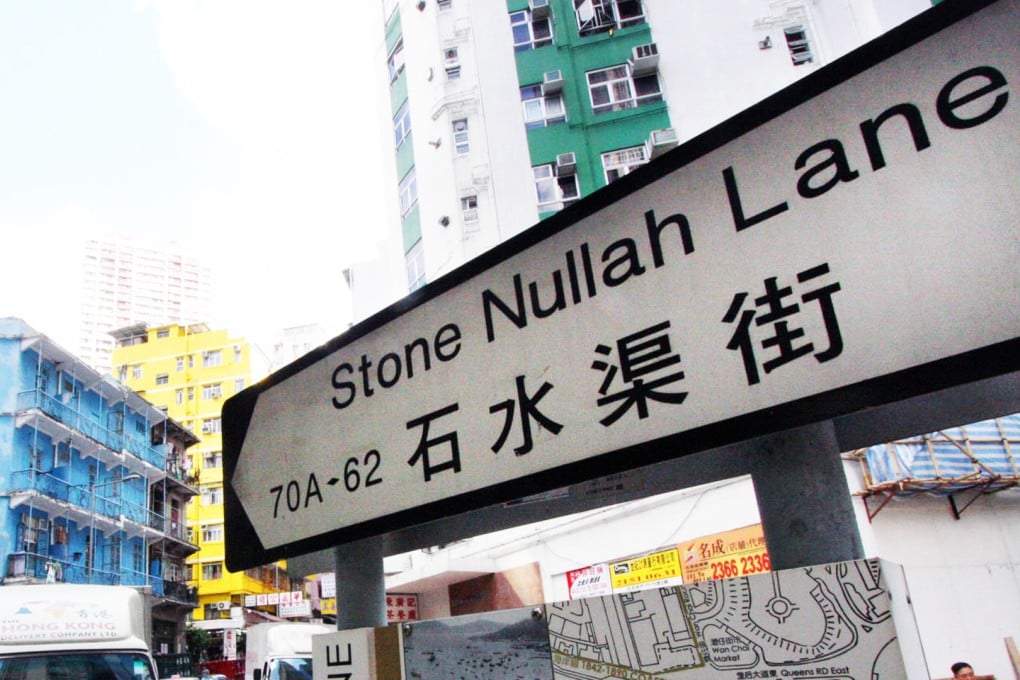Add oil! The evolution of Hong Kong English, and where our unique words come from
As colonial-era words fade (think 'shroff'), new language reflecting our city in the 21st century is being created. Dan Bland looks at the genesis of terms from classics such as 'nullah' to the more recent 'add oil'.

With all the talk of preserving Chinese dialects, and protecting them from a disapproving Beijing, it may be worth saving a thought for another local language - Hong Kong English.
Historically, Hong Kong generated English words that went on to be used by speakers of the language in other parts of Asia, and even to become part of global standardised English. But many of those words have lost their prominence and are becoming anachronistic, even in Hong Kong.
"It is my general impression that there is a whole category of words that has seen a decline," says Patrick J. Cummings, co-author of A Dictionary of Hong Kong English: Words from the Fragrant Harbor.
"Ketchup", a word used in English and worldwide to denote a type of tomato sauce, has its origins in Hong Kong's mix of cultures and most resembles the Cantonese name for tomato sauce, " kei zap" (茄汁). Cummings says that interactions between Chinese, Malays, Indians, Portuguese, English and other nationalities in Hong Kong generated words for the English language, and the city's own distinct dialect.
Interactions between Chinese, Malays, Indians, Portuguese and English in Hong Kong generated words ... and the city's own distinct dialect
Cummings and his co-author, Hans-Georg Wolf, a professor studying Hong Kong English at the University of Potsdam, in Germany, say there have been three main sources for the city's English words: Chinese pidgin English; colonial English; and Cantonese borrowings.
Words qualify for inclusion in the dictionary based on occurrences in public English-language documents, such as court filings, government releases, newspapers and corporate issuances. Cantonese loan words, Cummings says, migrate into Hong Kong English by the standardised Romanisation of their spelling and a lack of dependence on tone; these conditions justify the inclusion of " chee saw" ("toilet") and " bashi hou" (a term for Hongkongers born after 1980) in his book.